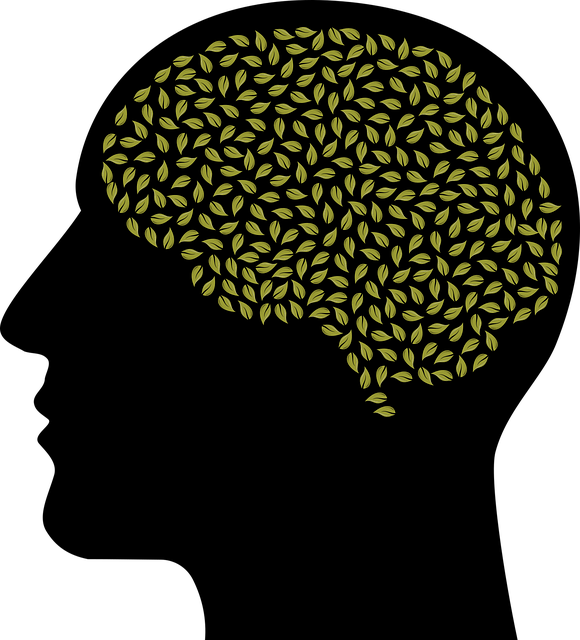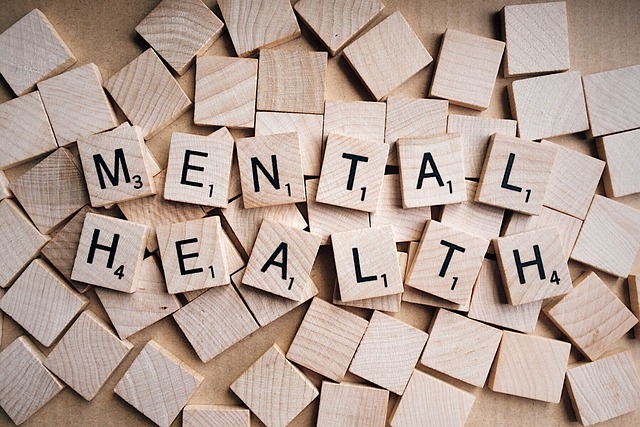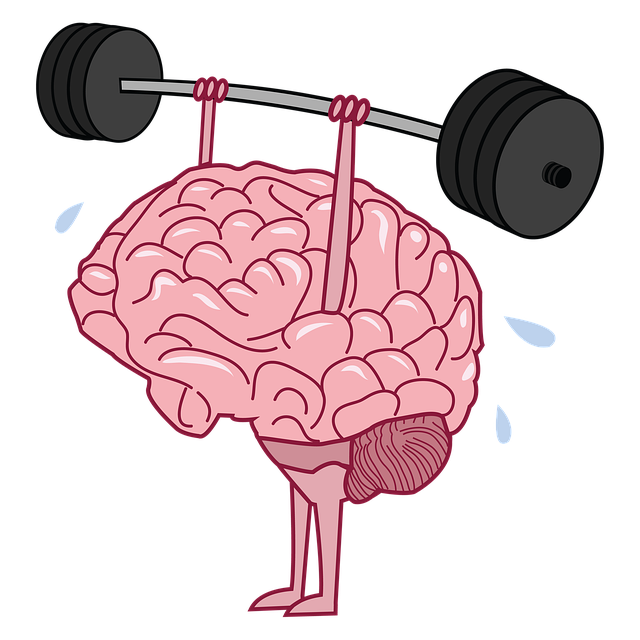Englewood Bipolar Disorder Therapy emphasizes early depression recognition through common signs like persistent sadness, changes in appetite, and concentration issues. They offer tailored treatments including Cognitive Behavioral Therapy (CBT) for negative thought patterns and Interpersonal Therapy (IPT) to improve communication skills. Lifestyle adjustments such as healthy eating, exercise, and mindfulness are crucial components of their comprehensive approach, along with regular risk assessments and the Mental Wellness Podcast Series.
Depression is a prevalent and serious mental health condition, but prevention is key. In this comprehensive guide, we explore essential strategies to combat depression and promote well-being. From recognizing subtle early signs and symptoms to implementing lifestyle changes that boost mental resilience, these tactics empower individuals to take charge of their mental health. Additionally, we delve into effective therapy options tailored for bipolar disorder, offering hope and support through Englewood Bipolar Disorder Therapy.
- Recognizing Early Signs and Symptoms of Depression
- Lifestyle Changes for Improved Mental Health
- Effective Therapy Options for Bipolar Disorder and Depression Management
Recognizing Early Signs and Symptoms of Depression

Recognizing the early signs and symptoms of depression is a crucial step in the journey to prevention. Many individuals may experience subtle changes in their mood, energy levels, and behaviors that could indicate a potential depressive episode. These initial signals are often overlooked or dismissed as temporary setbacks. However, with proper understanding, one can identify these red flags and take proactive measures. Common indicators include persistent feelings of sadness, loss of interest in activities once enjoyed, changes in appetite and sleep patterns, fatigue, difficulty concentrating, and thoughts of worthlessness or guilt.
Englewood Bipolar Disorder Therapy emphasizes the importance of early intervention to mitigate the risk of recurring depressive episodes. Through therapy sessions, individuals learn to develop inner strength by identifying triggers and implementing coping strategies. Social Skills Training is another valuable component, as it helps foster healthy relationships and provides a support system crucial for depression prevention. By recognizing and addressing these initial signs, one can take control and seek appropriate help, ensuring a brighter and more balanced mental health outlook.
Lifestyle Changes for Improved Mental Health

Making lifestyle changes can significantly improve mental health and play a crucial role in depression prevention. This includes adopting healthy eating habits, as nutrition directly impacts brain function. Incorporating regular physical activity is another powerful tool; exercise releases endorphins that boost mood and reduce stress. Adequate sleep is essential for emotional regulation, so establishing a consistent sleep routine can help combat fatigue and irritability. Additionally, practicing mindfulness and meditation techniques has been linked to reduced depression symptoms, promoting a sense of calm and self-awareness.
Englewood Bipolar Disorder Therapy emphasizes these lifestyle adjustments as part of a comprehensive approach. By implementing these changes, individuals can better manage their mental health, reduce the risk of burnout, and enhance overall well-being. The Mental Wellness Podcast Series Production offers valuable insights into various topics related to mental health, including strategies for maintaining balance in daily life. Moreover, professionals should undergo regular risk assessments (Risk Assessment for Mental Health Professionals) to identify potential issues early on and ensure they have the necessary tools to support their clients’ long-term mental wellness.
Effective Therapy Options for Bipolar Disorder and Depression Management

Englewood Bipolar Disorder Therapy offers a range of effective treatment options tailored to manage and prevent both bipolar disorder and depression. Cognitive Behavioral Therapy (CBT) is a widely recognized technique that helps individuals identify and change negative thought patterns and behaviors contributing to their mood disorders. By focusing on emotional intelligence and enhancing coping strategies, CBT empowers patients to regain control over their emotions and maintain stability.
Additionally, interpersonal therapy (IPT) plays a crucial role in promoting emotional well-being by addressing relationship issues often associated with depression and bipolar disorder. This therapeutic approach fosters the development of inner strength by teaching individuals effective communication skills, problem-solving strategies, and coping mechanisms to navigate challenging social situations. Combining these evidence-based practices can significantly contribute to long-term mental health management.
Depression prevention is a multifaceted approach that starts with recognizing early signs, making positive lifestyle changes, and exploring effective therapy options. By understanding the nuances of bipolar disorder and adopting strategies tailored for mental health improvement, individuals in Englewood can take proactive steps towards managing their symptoms. Engaging in regular self-care practices, seeking professional support like Englewood Bipolar Disorder Therapy, and maintaining a supportive network are key elements in preventing relapses and enhancing overall well-being.














